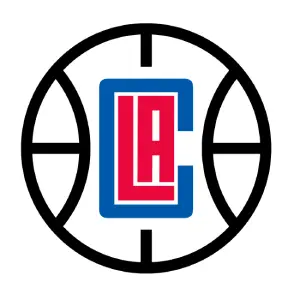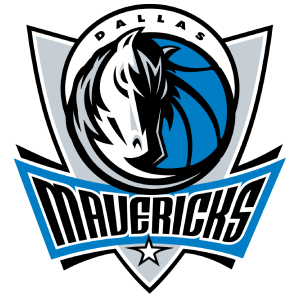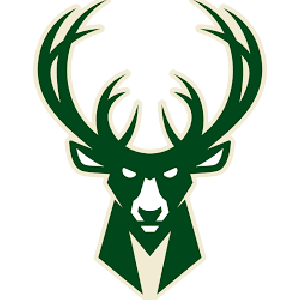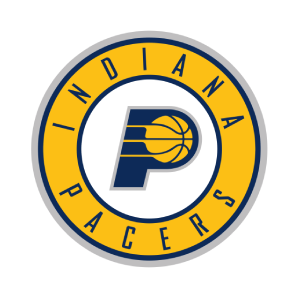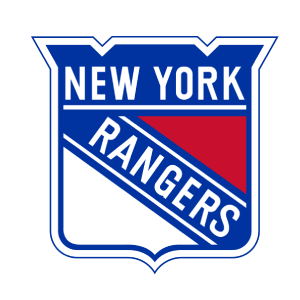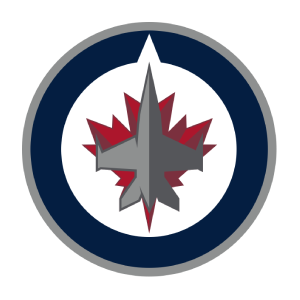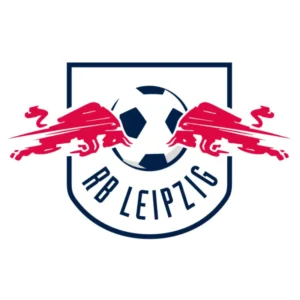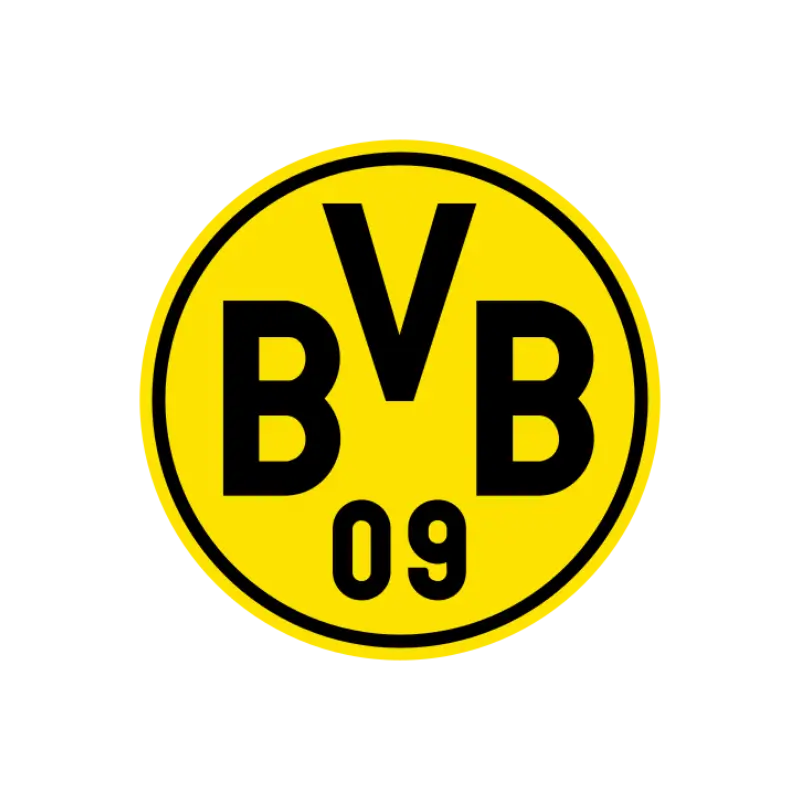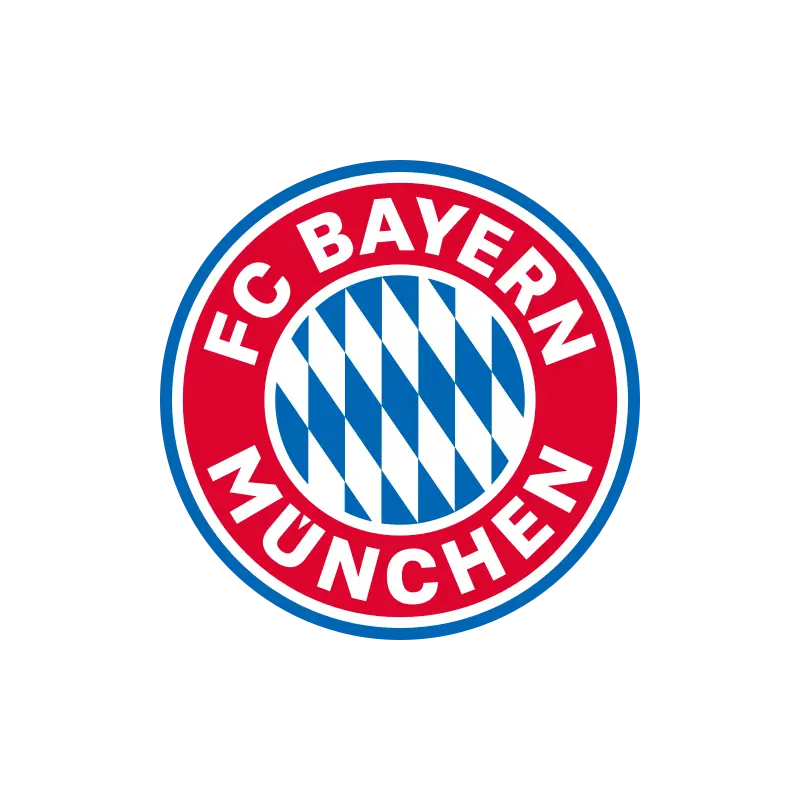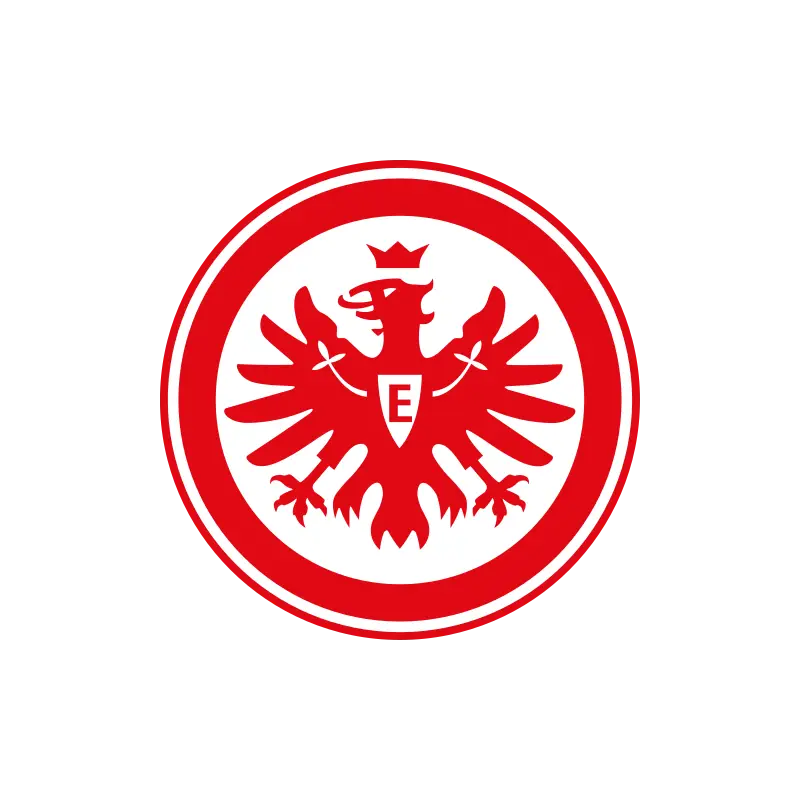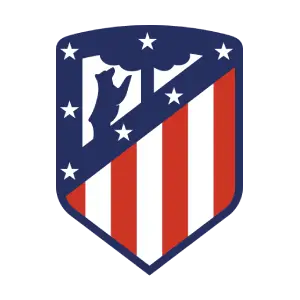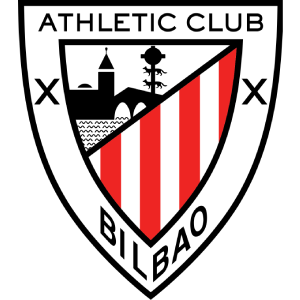Germany
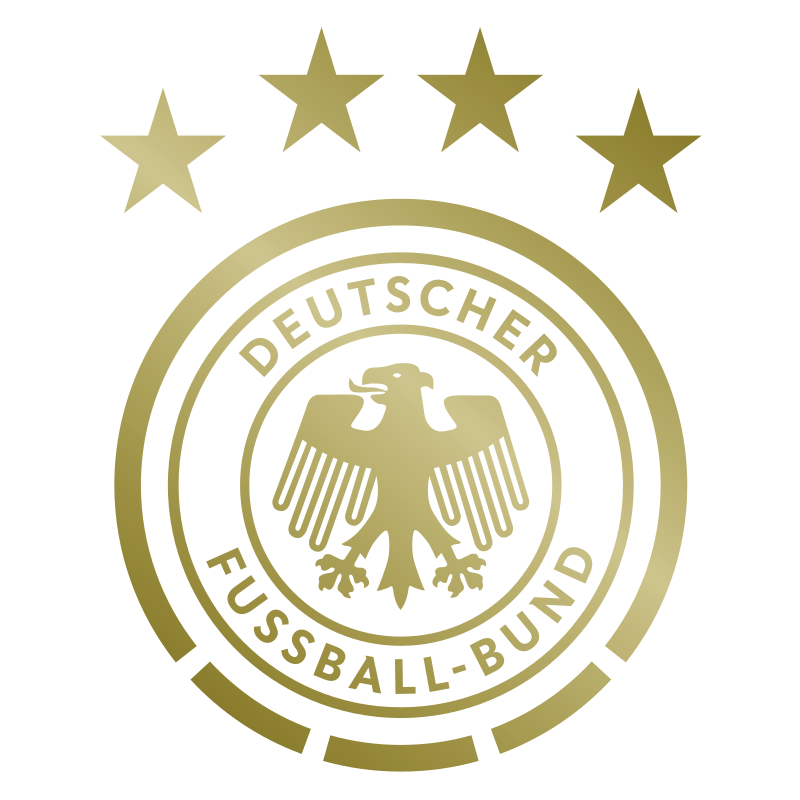
National Team Information
General Info
UEFA
DFB-Team (DFB Team, Nationalelf (National Eleven), DFB-Elf (DFB Eleven), Die Mannschaft (The Team)
World Cup Participation
1934, 1938, 1954, 1958, 1962, 1966, 1970, 1974, 1978, 1982, 1986, 1990, 1994, 1998, 2002, 2006, 2010, 2014, 2018, 2022
Championships
1954 FIFA World Cup, 1972 UEFA Euro, 1974 FIFA World Cup, 1980 UEFA Euro, 1990 FIFA World Cup, 1996 UEFA Euro, 2014 FIFA World Cup, 2017 FIFA Confederations Cup
German National Football Team History
Early History: 1934 First World Cup Participation
Germany has one of the most storied national teams in history. Die Mannschaft have qualified for every World Cup they’ve entered in and declined to participate in 1930.
The first Germany FIFA World Cup appearance was a successful one. At Italy 1934, Germany defeated Belgium 5-2 in the round of 16 and beat Sweden 2-1 in the quarterfinals. Germany fell to Czechoslovakia in the semifinals but beat Austria 3-2 in the third place match.
Their 1938 showing wasn’t as good. It marks just one of two times Germany has failed to qualify out of the group stage, as they drew one and lost one.
World War II Outbreak & 1954 World Cup Champs
With the outbreak of WWII, there were no World Cups in 1942 and 1946. Germany were then banned from entering the 1950 World Cup but have qualified for each one since 1950. Since East Germany became a FIFA member in 1952, the German National team was referred to as West Germany from 1952 until the early 90s.
In a feat that’s not likely to be repeated anytime soon, West Germany won the 1954 World Cup despite having a negative goal difference in the group stage. That’s because they lost to tournament favorites Hungary 8-3 in their second match but still qualified out of the group in second place.
Die Mannschaft beat Yugoslavia 2-0 in the quarterfinals and destroyed Austria 6-1 in the semifinals. West Germany were heavy underdogs in a rematch versus Hungary in the final. However, they pulled off a great upset dubbed the “Miracle of Bern” in which they won 3-2. Helmut Rahn became a German legend by scoring the winning goal.
England 1966: Hurst's Phantom Goal
West Germany didn’t repeat in 1958 but did manage to finish in fourth place. They reached the quarterfinals of the 1962 World Cup, and the German soccer federation, the DFB, introduced professionalism to the country’s leagues soon after.
As a result, West Germany had quite a strong team at England 1966 and made the final against the hosts. The match remains controversial to this day, with Geoff Hurst scoring a “phantom goal”. The ball bounced down from the crossbar and didn’t appear to cross the line but it was given by the referee.
1972 European Champs & 1974 World Cup Champs
Die Mannschaft got revenge by knocking out England in the 1970 quarterfinals but went out in the semis. In a match called the “Game of the Century”, there were five extra-time goals in a match Italy won 4-3. West Germany got third by defeating Uruguay 1-0, and Gerd Muller was the tournament’s top scorer, with 10 goals.
In their first European Championship appearance, in 1972, captain Franz Beckenbauer led West Germany to victory. They defeated the Soviet Union by a comfortable 3-0 scoreline in the final.
As hosts of the 1974 World Cup, West Germany had big expectations heading into the tournament. They lost to East Germany in the Group Stage and finished behind them but still qualified to the second group stage. With three wins over Poland, Sweden and Yugoslavia, West Germany advanced to their second final in their last three appearances.
Against Johan Cruyff and a Netherlands team that played a position-less “Total Football,” West Germany came up from behind to win 2-1. Gerd Muller scored the World Cup winning goal, sealing their second title. Muller’s record of 14 career World Cup goals stood for 32 years.
World Cup Upset by Algeria
At the next Euro and World Cup, the West Germans failed to defend their titles. Under Jupp Derwall, West Germany did win their second Euro title in 1980. The following World Cup was not without controversy, though.
West Germany suffered one of the biggest upsets in World Cup history as Algeria beat them 2-1 in the opening match. The Germans responded by beating Chile 4-1 in their next match, and they needed a win over Austria to qualify for the knockout stage. With a German win by one or two goals, both Austria and Germany would go through and Algeria would be eliminated.
The "Disgrace of Gijon" Match
In a match called the “Disgrace of Gijon,” West Germany scored in the first 10 minutes and the pace of the match came to a grinding halt. Amid accusations of match fixing, both teams went through after a 1-0 West Germany win. Germany advanced all the way to the final, but lost 3-1 to Italy.
Die Mannschaft were runners-up for a second consecutive World Cup in 1986 and beat France in two straight semifinals. However, Diego Maradona’s Argentina beat West Germany 3-2 in the final.
Three Consecutive World Cup Finals & Beckenbauer
Four years later, West Germany became the first team to make three consecutive World Cup finals. They did it by defeating England 4-3 in a tense penalty-kick shootout in the semifinals. In a rematch of the 1986 final, West Germany defeated Argentina 1-0 to take home their third World Cup trophy.
In the process, Franz Beckenbauer became the first man to win the World Cup as a captain and coach. Shortly after the World Cup, a year after the fall of the Berlin Wall, the East German team ceased operations. The Germany national football team was unified once again.
Germany were runners-up in their first unified tournament since 1938 at Euro 1992. A Danish team that didn’t originally qualify for the tournament beat Germany 2-0 in the final. Four years later, Die Mannschaft were European champions for a third time as they beat the Czech Republic on a Golden Goal. Matthias Sammer was voted the tournament’s best player.
2002-2008 Euro & World Cup Finals
A struggling German team underperformed at both World Cup 98 and Euro 2000; thus, expectations weren’t high coming into the 2002 World Cup. However, Germany advanced to the knockout stage and won their first three matches there, 1-0, to make the final once again. In the final, Brazil beat Germany 2-0.
For his efforts, goalkeeper Oliver Kahn was named the tournament’s best player and won the Golden Ball. However, the Germany national football team suffered an early exit at Euro 2004 and were not expected to do well at the 2006 World Cup.
Hosts Germany won all three of their group stage games, though, and made the semifinals. There, eventual champions Italy scored two extra time goals and Germany had to settle for third place. Miroslav Klose won the Golden Boot with five goals. Germany also reached the final of Euro 2008, where they lost 1-0 to Spain.
New Generation at the 2010 World Cup
A new generation of German players shone at the 2010 World Cup, as Thomas Muller won the Golden Boot and Best Young Player award. Mesut Ozil was also a standout in attacking midfield. The German national football team lost 1-0 to Spain once again in the semifinals but took third place, as they defeated Uruguay 3-2.
In 2014, Muller picked up where he left off and scored an opening-match hat trick in a 4-0 win against Portugal. With a 2-2 draw against Ghana and a 1-0 win over the USA, Germany qualified as group winners for the round of 16.
Change of Coach, Change of Luck
Despite a 2017 FIFA Confederations Cup victory, Germany underperformed at the 2018 World Cup. They became the third defending World Cup champions in a row to be eliminated in the group stage.
World Cup-winning head coach Joachim Low stepped down after Euro 2020 and was replaced by Hansi Flick.
Humiliation of a World Cup Host
Germany national football team defeated Algeria 2-1 in the round of 16 and beat France 1-0 to advance to a record fourth consecutive semifinals. The semifinals versus hosts Brazil was one of the biggest humiliations a host nation has suffered at a World Cup. Germany demolished Brazil 7-1 and were up 5-0 by the half hour mark in the 2014 World Cup hosted by Brazil .
In the victory, Miroslav Klose became the all-time top scorer at World Cups with his 16th career goal. A goalless draw versus Argentina in the final went into extra time, and Mario Gotze became a hero by scoring the winner for the German national football team. With their fourth World Cup win, Die Mannschaft trail only Brazil for having most titles.
Currently, under Hansi Flick, Germany became the first team to qualify for Qatar 2022.
- Miroslav Klose – Goals: 71
- Gerd Muller – Goals: 68
- Lukas Podolski – Goals: 49
- Rudi Völler – Goals: 47
- Jürgen Klinsmann – Goals: 47
Franz Beckenbauer is credited with inventing the sweeper position and is one of the greatest players of all time. The two-time European Footballer of the Year played 103 times for Germany and captained the team to victory at the 1972 Euro and 1974 World Cup.
Gerd Muller scored more times than he played for Germany, with 68 goals in 62 appearances. He won the Golden Boot at the 1970 World Cup and the 1972 Euro. He held the record for most career goals in the World Cup for 32 years and scored the winner in the 1974 final.
Lothar Matthaus won both the FIFA World Cup and the Ballon d’Or in 1990, as he captained Germany to a third World Cup win. The midfielder played in five World Cups, which remains a record to this day, and is Germany’s all time caps leader. Diego Maradona once called Matthaus the “best rival I’ve ever had”. Matthaus scored 23 goals for Die Mannschaft and also won the 1980 Euros.
Miroslav Klose is Germany’s all time leading goalscorer and the World Cup’s all-time leading goalscorer. Klose was excellent in the air, with great positioning, finishing ability, and instinct. He is one of a few select players to win Gold, Silver, and Bronze medals at the World Cup. Klose was the Golden Boot winner at the 2006 World Cup.
Manuel Neuer is often described as a sweeper-keeper, and he’s one of the best goalies in history. He’s made over 100 appearances for Germany and has won ten Bundesliga titles with Bayern Munich. Neuer finished third in the 2014 Ballon d’Or voting, the closest any goalie has come to winning since Lev Yashin won it in 1963.
While the 2014 team was excellent, Germany’s 1974 World Cup winning side is generally referred to as their best. West Germany started off the tournament with a 1-0 win over Chile and a 3-0 win versus Australia. They lost a politically-charged match to East Germany in the final group stage game but still advanced to the second round.
Things started to pick up for West Germany in the second group stage; they defeated Yugoslavia 2-0 and Sweden 4-2. Gerd Muller scored the game’s only goal in a 1-0 win over an excellent Poland team to send Germany to the final.
Muller once again scored the winning goal in a 2-1 triumph over a Johann Cruyff-led Netherlands team. Germany won six of their seven matches en route to their second title and outscored their opponents 13-4.
On the other hand, no German World Cup performances come close to the disappointment of 2018. Defending champions Germany opened up the tournament by losing to Mexico, which was their first opening match defeat since 1982.
It then took an injury-time winner from Toni Kroos to defeat Sweden in the next match. Had Germany beaten South Korea, they’d have qualified for the next round, but they shockingly lost 2-0. It was Germany’s first-ever group stage exit.
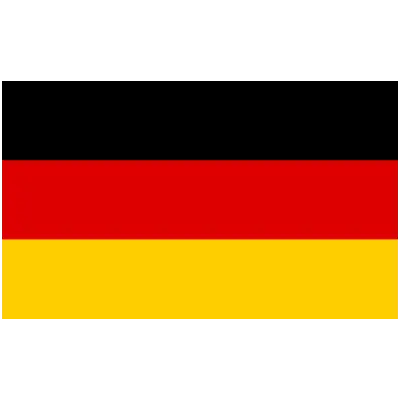
German Soccer Leagues & Clubs:
Bundesliga:
The Bundesliga is Germany’s top soccer league and it comprises 18 teams. In a season that runs from August to May, each team plays a double-round robin against every other team. It is one of the strongest leagues in the world and is known for high-scoring matches.
At the end of the Bundesliga season, the top four teams qualify for the UEFA Champions League. The bottom two teams are relegated to the second tier. Meanwhile, the 16th-place team faces the 2. Bundesliga’s third-place team in a two-legged relegation/promotion playoff. The Bundesliga is the most popular league for German soccer betting.
2. Bundesliga:
The second-tier German soccer league is called the 2. Bundesliga. Like the Bundesliga, there are 18 teams in the league, and it follows the same format apart from promotion.
The top two teams are automatically promoted to the Bundesliga each year. Third place contests the promotion/relegation playoff with the 16th-place Bundesliga team. Meanwhile, the bottom two teams are relegated to the 3. Liga and 16th place plays in a relegation playoff versus a team from the 3. Liga.
2. Bundesliga Teams 2022-2023 Season
| Team |
|---|
| Arminia Bielefeld |
| Eintracht Braunschweig |
| Darmstadt 98 |
| Fortuna Düsseldorf |
| Greuther Fürth |
| Hamburger SV |
| Hannover 96 |
| 1. FC Heidenheim |
| 1. FC Kaiserslautern |
| Karlsruher SC |
| Holstein Kiel |
| 1. FC Magdeburg |
| 1. FC Nürnberg |
| SC Paderborn |
| Jahn Regensburg |
| Hansa Rostock |
| SV Sandhausen |
| FC St. Pauli |
German Cups & Tournaments
German soccer teams participate in the annual DFB-Pokal knockout tournament. The tournament is limited to 64 teams, and all 18 teams from both the Bundesliga and 2. Bundesliga automatically qualify. The top-four finishers in the 3. Liga also automatically qualify. A further 21 places are occupied by the teams who win the regional German cups.
The final three slots are given to the regional associations with the most registered teams and are assigned as they see fit. The DFB-Pokal often produces some incredible upsets, but Bayern Munich have won a record 20 titles.
The German soccer betting calendar starts with the DFL-Supercup each season. The DFL-Supercup is a cup match that pits the winner of the Bundesliga against the DFB-Pokal champion.
When a team wins both the Bundesliga and DFB-Pokal, the second team in the match is the Bundesliga’s second-place side. Since it was instituted in 2010, Bayern Munich have won 10 of the 13 possible Supercups.
German Soccer Betting Information
Betting on Bundesliga
Domestic German soccer betting is primarily done in the Bundesliga. The Bundesliga is usually the highest-scoring “top five” European league. From the 2018-19 to 2021-22 seasons, matches averaged over three goals per game. Both teams scored in 61 percent of matches in the 2021-22 season, which is quite high compared to other leagues.
Even the top teams don’t frequently keep clean sheets, which makes for exciting matches. From 2017-18 to 2021-22, Robert Lewandowski won five consecutive Golden Boots. Now that Lewandowski and Erling Haaland play in other leagues, Golden Boot betting is quite competitive.
Bayern Munich have been dominant in recent seasons. The Bavarian club entered the 2022-23 season as ten-time defending champions.
Betting on Bayern Munich is incredibly popular in both the Bundesliga and UEFA Champions League. While the title race hasn’t always been competitive, the top four race is. Betting on the Bundesliga top four is another popular bet type, since they are the teams that qualify for the UEFA Champions League.
Germany National Team Betting Tips & Odds
The German National team is one of the best in the world. Die Mannschaft were World Cup winners in 2014 and have qualified for every World Cup since 1954. Under new coach Hansi Flick, Germany has gotten off to a good start. Betting tips often recommend picking Germany to advance out of the group stage. They’ve made at least the semifinals in ten of the last 14 World Cups.
In Qatar 2022, Germany are expected to advance out of the group. They’re priced at -1000 odds to qualify from a Group E with Spain, Japan and Costa Rica in it. Germany also sit at +110 odds to win the group while Spain are favorites.
Germany don’t necessarily have any players who are favorites for the Golden Boot.
Forwards Timo Werner and Serge Gnabry have the best odds on the team, at +4000 odds. However, Bayern Munich standout Jamal Musiala is priced at +550 odds to win the Young Player of the Tournament award. Manuel Neuer, who won the 2014 World Cup Golden Glove, shows +600 odds to win another. The only player with better odds is Belgium’s Thibaut Courtois.
With 2018 World Cup and Euro 2020 disappointments behind them, and an infusion of young talent, Germany have reasonably-high expectations at Qatar 2022. The sky is the limit, but they’re in quite a difficult group to begin with. Die Mannschaft have the sixth-best odds to win the tournament, at +1000.
As the host of Euro 2024, Germany will not participate in Euro qualifying following the World Cup. So, Qatar 2022 is the best opportunity to bet on Germany for a while.
Conclusion
German soccer is world-renowned and the Bundesliga is by no means an easy league. Apart from Bayern Munich, it is a league known for a reasonable amount of parity. The top four is by no means the same on a year-to-year basis. It is also a league that can be profitable to bet on for knowledgeable punters. Also, look to the DFB-Pokal for more domestic soccer betting; one has to understand that upsets can and will happen.
The German national team has disappointed in its last two major tournaments heading into Qatar 2022. That doesn’t mean they won’t and shouldn’t be a popular pick for betting, though. There’s an immense amount of talent on the roster, with world-class players in multiple positions.


